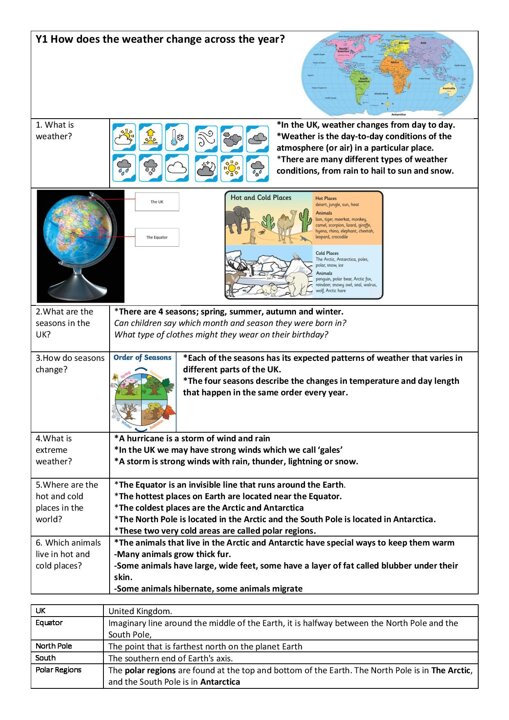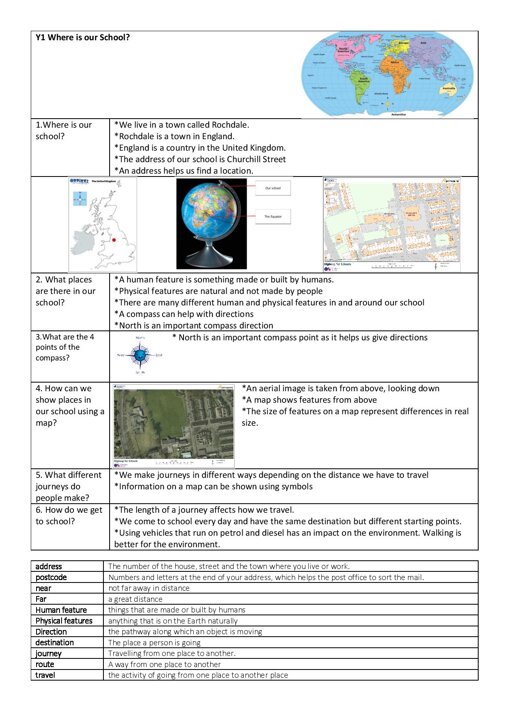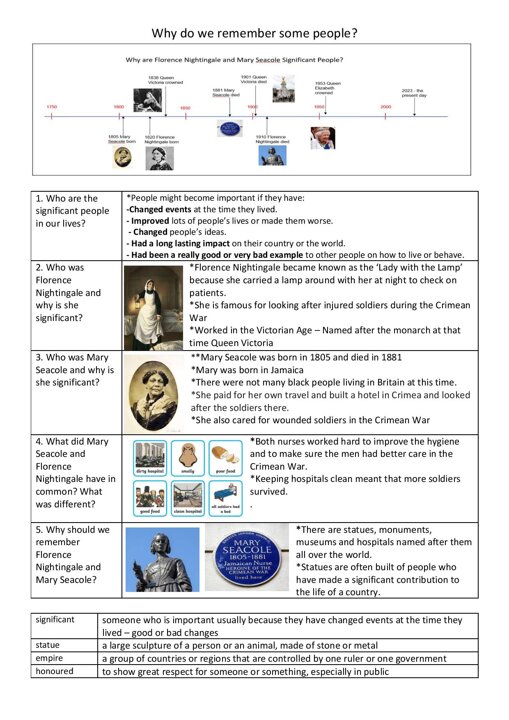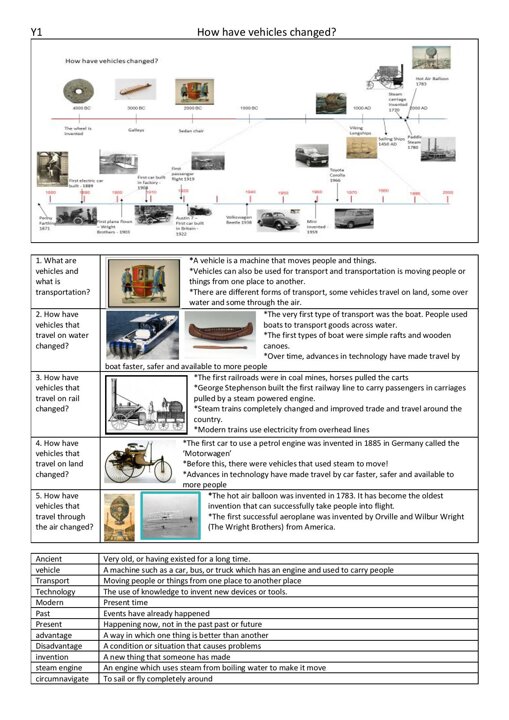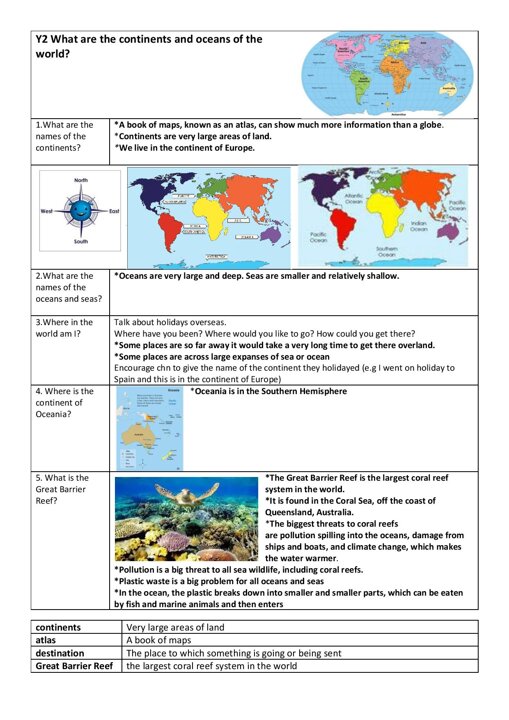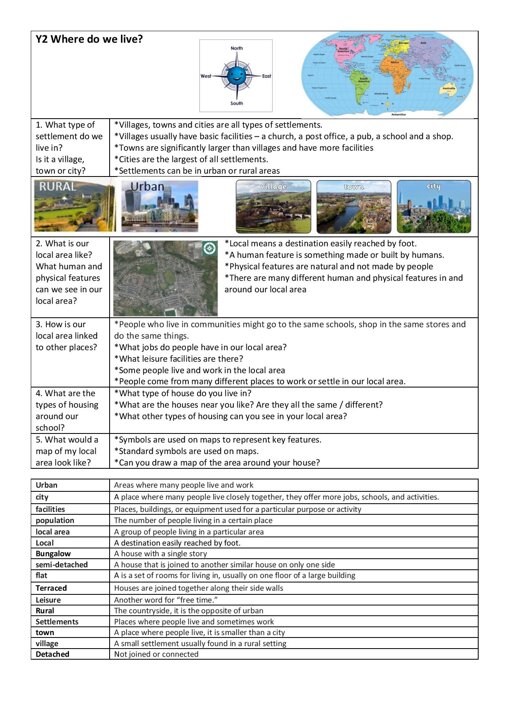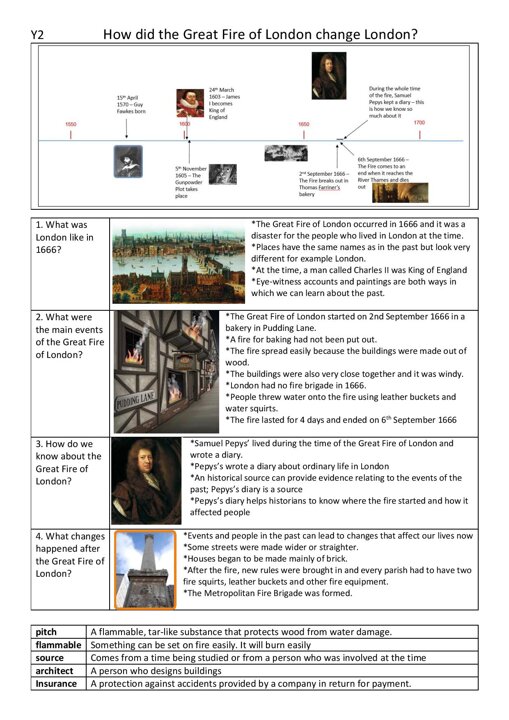.jpg)
Welcome to Years 1 & 2
| Mrs Wright | Class Teacher 1W |
| Miss Smithies | Class Teacher 1&2S |
| Mrs Cunnelly | Class Teacher 2C |
| Miss McHugh | Teaching Assistant |
| Mrs Lawlor | Teaching Assistant |
| Miss Jones | Teaching Assistant |
| Mrs Afzal | Teaching Assistant |
| Miss Pollitt | Teaching Assistant |
P.E.
Indoor/Outdoor - 1W Tuesday afternoon
- 1&2S Friday afternoon
- 2C Thursday afternoon
Our PE kit consists of black shorts, white t shirt, trainers for outdoor PE and long jogging bottoms might be worn when it is cold outside for our PE lesson. If your child wears earrings, they must either be removed on PE days or the children will be supervised putting microtape over them.
Year 1
Year 1 Phonics Screening Check
There is a national assessment for Year 1 children to assess their early reading (phonic) skills. The test takes place in June.
To read more, click the link below:
Statutory Phonics Screening Check
Reading
Learning to read is the most important thing your child will learn at our school. Everything else depends on it, so we put as much energy as we possibly can into making sure that every single child learns to read as quickly as possible.
We want your child to love reading – and to want to read for themselves. This is why we put our efforts into making sure they develop a love of books as well as simply learning to read.
How will my child be taught to read?
At Meanwood Primary, we follow the RWI phonics programme. We start by teaching phonics to the children in the Reception class. This means that they learn how to ‘read’ the sounds in words and how those sounds can be written down. This is essential for reading, but it also helps children learn to spell well. We teach the children simple ways of remembering these sounds and letters. Ask them to show you what these are.
The children also practise reading (and spelling) what we call ‘tricky words’, such as ‘once,’ ‘have,’ ‘said’ and ‘where’.
The children practise their reading with books that match the phonics and the ‘tricky words’ they know. They start thinking that they can read and this does wonders for their confidence.
The teachers read to the children, too, so the children get to know all sorts of stories, poetry and information books. They learn many more words this way and it also helps their writing.
What reading books will my child be given to read at home?
Your child will be given 3 reading books each week to read at home. These will consist of a decodable RWI ‘Book Bag Book’ which is colour banded to match your child’s appropriate level; a paper copy of the RWI book that your child is reading in their RWI group with their teacher and a class library book to share and read for pleasure.
Reading books will be changed once a week by your child’s class teacher – please see your year group’s curriculum newsletter for when your child will have their book changed. Please ensure that your child reads for at least 10 minutes every night and brings their reading books and reading record to school every day.
Click on the useful website links below:
- Tiny Happy People
- Mr Thorne
- Phonics Games
- Letters and Sounds
- Deep Sea Phonics
- BBC Bitesize for KS1
- Phonics Play
- Mathletics
Year 1 Curriculum Newsletters
Year 2
Learning to read is the most important thing your child will learn at our school. Everything else depends on it, so we put as much energy as we possibly can into making sure that every single child learns to read as quickly as possible.
We want your child to love reading – and to want to read for themselves. This is why we put our efforts into making sure they develop a love of books as well as simply learning to read.
How will my child be taught to read?
At Meanwood Primary, we follow the RWI phonics programme. We start by teaching phonics to the children in the Reception class. This means that they learn how to ‘read’ the sounds in words and how those sounds can be written down. This is essential for reading, but it also helps children learn to spell well. We teach the children simple ways of remembering these sounds and letters. Ask them to show you what these are.
The children also practise reading (and spelling) what we call ‘tricky words’, such as ‘once,’ ‘have,’ ‘said’ and ‘where’.
The children practise their reading with books that match the phonics and the ‘tricky words’ they know. They start thinking that they can read and this does wonders for their confidence.
The teachers read to the children, too, so the children get to know all sorts of stories, poetry and information books. They learn many more words this way and it also helps their writing.
What reading books will my child be given to read at home?
Your child will be given 3 reading books each week to read at home. These will consist of a decodable RWI ‘Book Bag Book’ which is colour banded to match your child’s appropriate level; a paper copy of the RWI book that your child is reading in their RWI group with their teacher and a class library book to share and read for pleasure.
Reading books will be changed once a week by your child’s class teacher every Friday. Please ensure that your child reads for at least 10 minutes every night and brings their reading books and reading record to school every day signed. Your child will only be a reading star if their reading record has been signed at least 3 times each week.
Children's language development and parenting advice - BBC Tiny Happy People
You may find some of the following websites useful:
Tiny Happy People from the BBC has some great top tips for communicationg with your child and supporting their development.
Useful website links to aid our learning:
English – General
| Phonics Play | Phonics Bloom |
| BBC Phonics | Purple Mash |
English – Reading and Comprehension
| BBC Bitesize | BBC Learning Zone | Accelerated Reader | MyON |
English – Writing
| BBC Schools | BBC Learning | BBC Bitesize |
| BBC – Stories | Reading zone – stories | Teach It – Captions |
| BBC – Poetry | Josies Poems |
English – Spelling and Grammar
| Topmarks | Letters and Sounds | ICT games |
General Maths
| Number Gym | Oxford Owl | Crickweb |
| BBC Schools | BBC Number jumbler |
Maths – Time
| Primary Homework | BBC Education | Crickweb |
Maths – Shape and Space
| Crickweb | BBC Bitesize |
Science
| BBC Bitesize | TopMarks | Crickweb | |
| Science Kids | Weather Kids | Science Games | Science Sparks |
| STEM | Outstanding Science | NASA Kids | Simple Machines |
| Science Fun | Fun Experiments for Kids | Energy Kids |
History
| Topmarks | Primary Homework Help | BBC Newsround |
| Crickweb | Every School |
Geography
| BBC bitesize | Education Quizzes | Top Marks |
| Crickweb |

